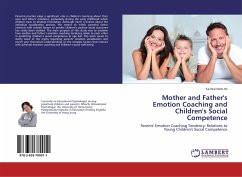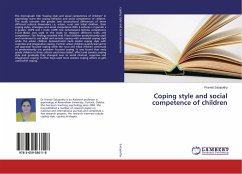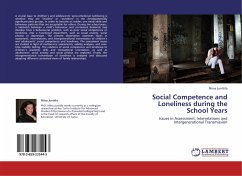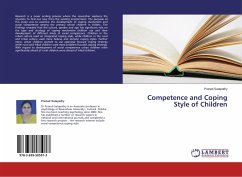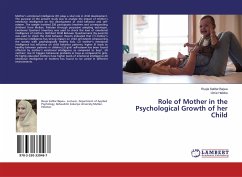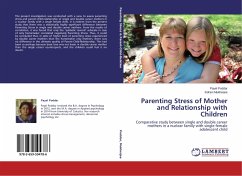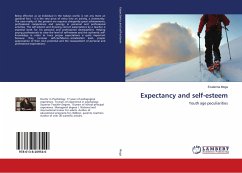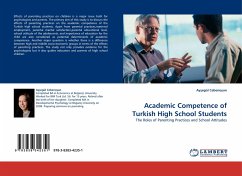Parental practice plays a significant role in children's learning about their own and others' emotions, particularly during the early childhood which children have to develop friendships. Although much is known about the individual socialization process, the extent to which parental factor interacts with related factors to predict children's positive social outcomes has rarely been studied. The main purpose of this study was to examine how mother and father's emotion coaching tendency relate to each other in predicting children's social competence at age 6-8. This work serves to clarify some of the myths regarding parents' emotion socialization and enrich your theoretical understanding on the complex factors that interact with parental emotion coaching and children's social well being.
Bitte wählen Sie Ihr Anliegen aus.
Rechnungen
Retourenschein anfordern
Bestellstatus
Storno

